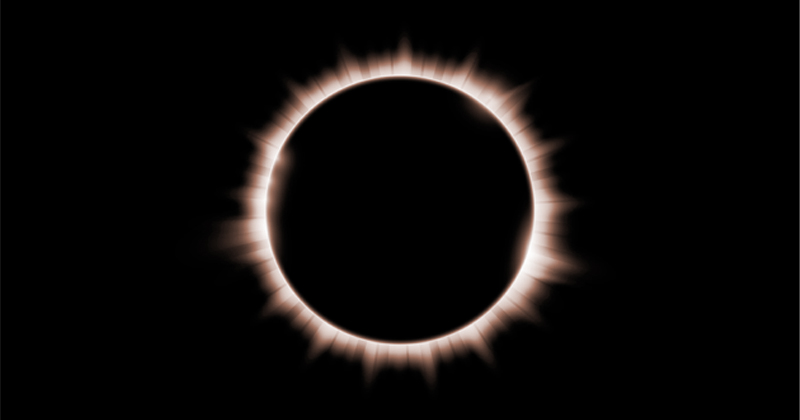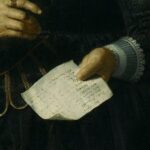Annie Dillard’s “Total Eclipse” is the best thing you can read about the eclipse today.
For obvious reasons, today is an excellent day to read Annie Dillard’s 1982 masterpiece “Total Eclipse,” in which she describes seeing a solar eclipse with her husband in Washington, and which is very likely the best piece of writing ever published about an eclipse. (It was originally published in Dillard’s collection Teaching a Stone to Talk, which is full of little masterpieces like this one.) For those who have never seen an eclipse—or read the essay—here’s a little taste of what to expect from both:
I had seen a partial eclipse in 1970. A partial eclipse is very interesting. It bears almost no relation to a total eclipse. Seeing a partial eclipse bears the same relation to seeing a total eclipse as kissing a man does to marrying him, or as flying in an airplane does to falling out of an airplane. Although the one experience precedes the other, it in no way prepares you for it. During a partial eclipse the sky does not darken—not even when 94 percent of the sun is hidden. Nor does the sun, seen colorless through protective devices, seem terribly strange. We have all seen a sliver of light in the sky; we have all seen the crescent moon by day. However, during a partial eclipse the air does indeed get cold, precisely as if someone were standing between you and the fire. And blackbirds do fly back to their roosts. I had seen a partial eclipse before, and here was another.
What you see in an eclipse is entirely different from what you know. It is especially different for those of us whose grasp of astronomy is so frail that, given a flashlight, a grapefruit, two oranges, and 15 years, we still could not figure out which way to set the clocks for daylight saving time. Usually it is a bit of a trick to keep your knowledge from blinding you. But during an eclipse it is easy. What you see is much more convincing than any wild-eyed theory you may know.





